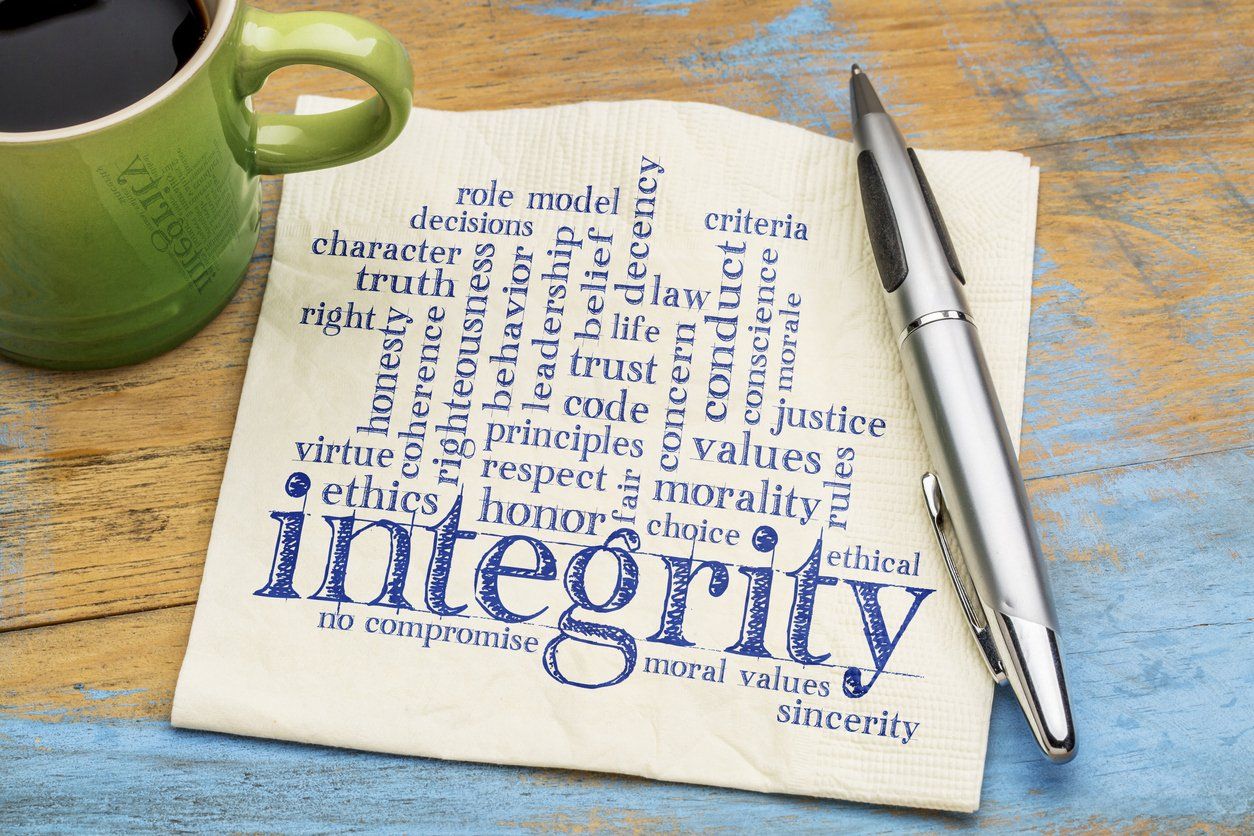Character Forges Trust

“People notice those who do what is right ahead of what is easy,” says David Horsager. And people trust those who value justice and honesty rather than taking the easy way out of difficult situations.
People of good character consistently live by their values. They are usually conscious of their top 3 to 5 personal values and the live their life accordingly.
Character is displayed by acting the same in similar situations no matter who else is around. Generous people who have good character will donate the same amount to charity in private as they would if they received public recognition. They don’t put on a show for all to see.
People of good character show respect for all people regardless of their social standing, background, or race. They don’t say thank you to others only when somebody else is watching and they don’t join the ‘cool’ group in bullying the new kid at school.
Honesty is another character trait. Honest people own up to their mistakes rather than letting someone else take the blame and the punishment for their poor choices or destructive actions.
We are more likely to trust someone who regularly exhibits generosity, respect for others, honesty, and other positive character traits. Since their actions are consistent with their positive values, we have confidence they will continue to contribute positively to the community around them.
What is one value that you live regularly demonstrating you may be a person of good character? What is one habit you could develop more fully to demonstrate that you are a person of good character?
When you frequently show strong positive behaviors, how will it affect the trust you have for others and their trust in you?


